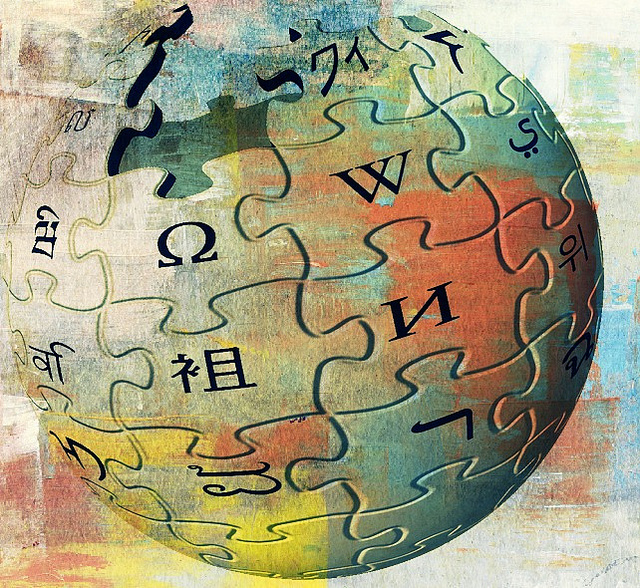 POLICY
POLICY
 POLICY
POLICY
 POLICY
POLICY
The Polish, Spanish and Italian language pages of Wikipedia were temporarily shut down Wednesday in protest against European Union legislation that would overhaul internet copyright laws.
In late June, critics of the new legislation had called it a “dark day” for the Internet when the European Parliament’s Committee on Legal Affairs voted in favor of articles 13 and 11.
Article 13 will essentially ask all platforms to filter content for copyright infringement, which is supposed to prevent entities such as social media platforms from sharing content they didn’t create. That could mean snippets of news, but also things like memes, which critics of the law say will endanger freedom of expression.
Writing about Article 13 and the proposed filter system, the Electronic Frontier Foundation said, “Europe can’t afford to place education, employment, family life, creativity, entertainment, business, protest, politics, and a thousand other activities at the mercy of unaccountable algorithmic filters.”
Italian Wikipedia has blacked out today to raise awareness about the disastrous EU Copyright Directive. Call your MEPs today. The vote is Thursday. https://t.co/Oq1tKo75hK
— Jimmy Wales (@jimmy_wales) July 3, 2018
On the Spanish version of its site, Wikipedia wrote, “If the proposal were approved in its current version, actions such as sharing a news item on social networks or accessing it through a search engine would become more complicated on the Internet; Wikipedia itself would be at risk.”
The European Commission has said that the laws would not affect online encyclopedias such as Wikipedia, although that seems unlikely. The EFF wrote that links in Wikipedia’s footnotes could constitute infringement. It added that even though article 13 exempts sites limited to “non-commercial” activity, all files on Wikipedia are licensed for commercial use.
On Twitter, Wikipedia founder Jimmy Wales wrote, among other things, “The Wikipedia community is not so narrow-minded as to let the rest of the Internet suffer just because we are big enough that they try to throw us a bone. Justice matters.”
Article 11 has been called the “link tax.” This could mean that any platform, such as Google, Twitter or Facebook, would have to pay a fee to any publisher for license if that content should appear on the site.
In a letter, 169 European academics called the plan “ill-conceived,” saying the legislation “will do nothing to help journalism, but seriously risks doing disproportionate harm to media creators, to smaller publishers, to SMEs seeking to innovate with online media services, to citizens and to society at large.”
The legislation will go to a vote Thursday.
THANK YOU